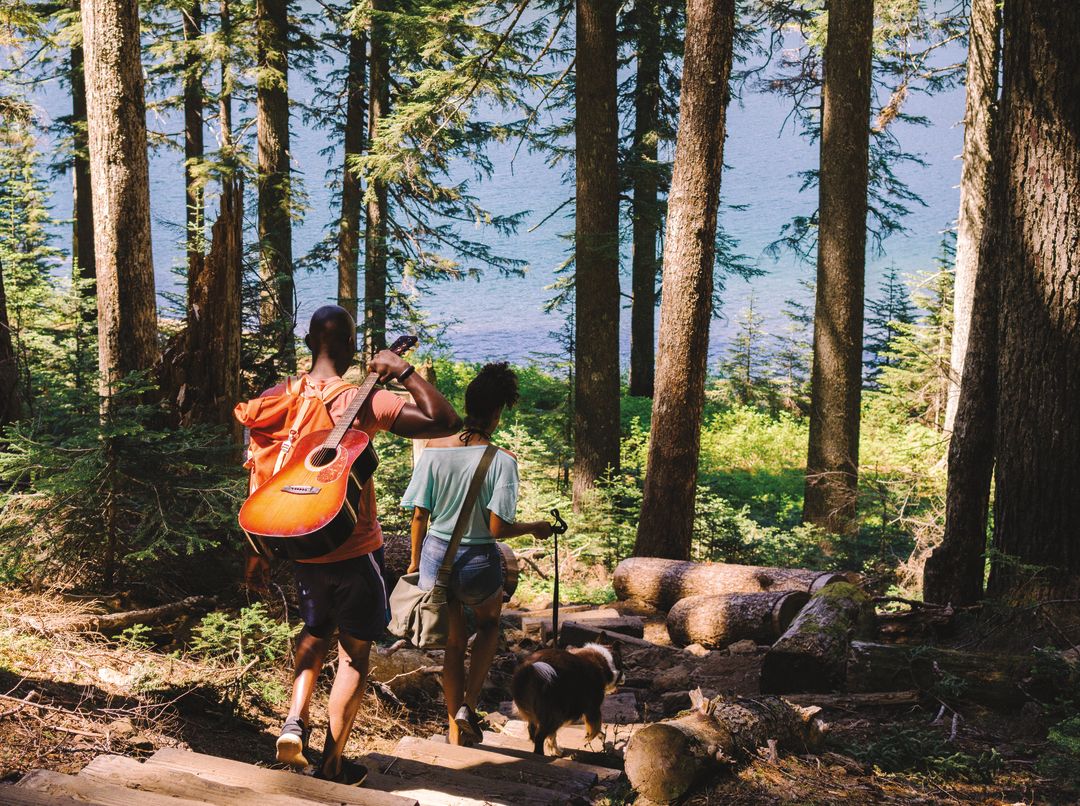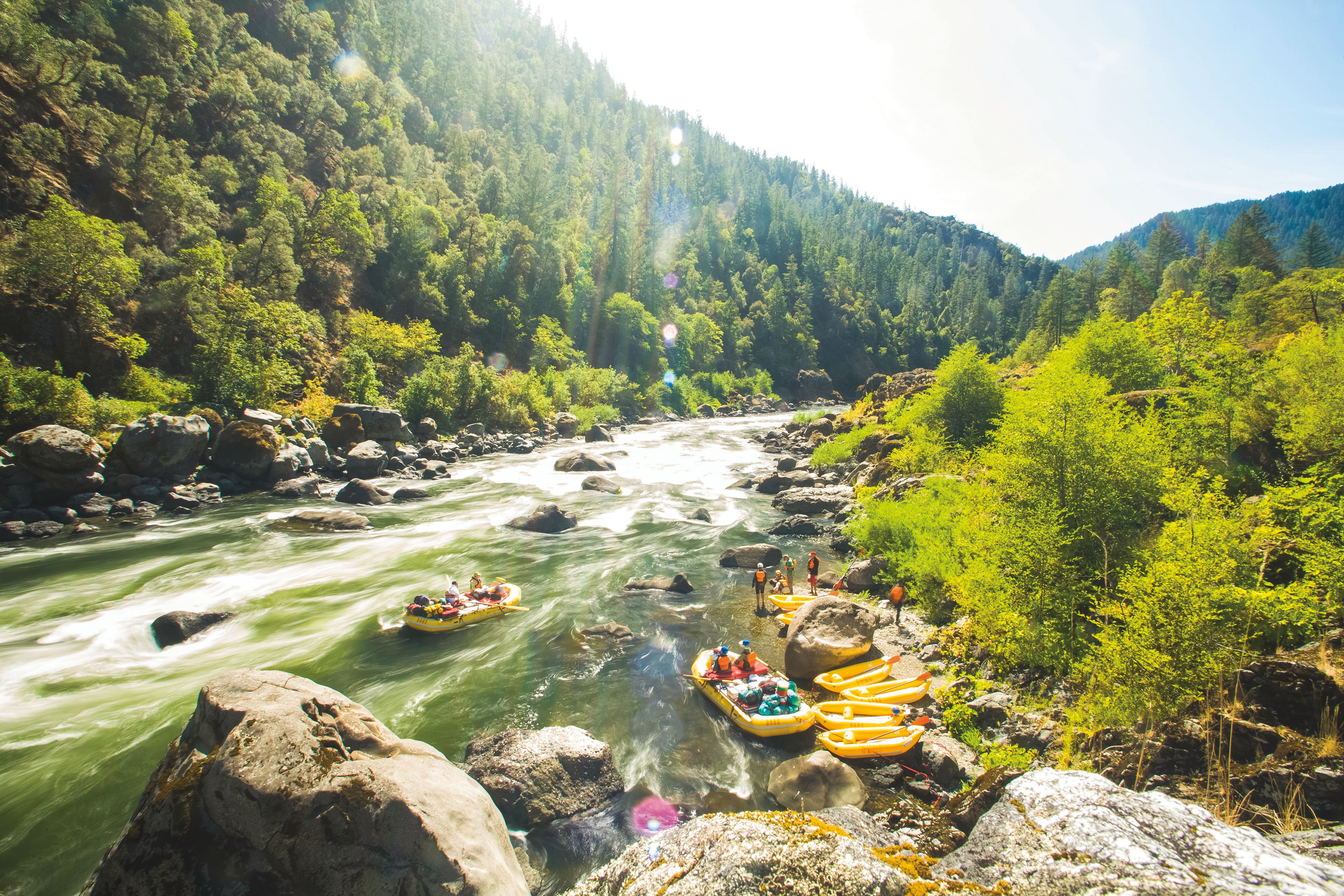Why Portland Monthly Won’t Keep Your Favorite Swimming Hole a Secret

Wahtum Lake
Image: Isaac Lane Koval
Like the Boy Scouts, we are prepared: when we publish guides to outdoor swimming spots, we know the story will be one of the most popular things we’ve ever done. And one of the most unpopular.
“I hate you for spoiling the good things,” reads one online comment on a 2012 swimming holes feature. Another: “I hope that you find the time soon to take a trip up to Buck Lake.... Since having it flaunted across the internet by you wonderful people it has become the dumping grounds for ... overcrowding, noise pollution, feces and trash.”
As an editor (and citizen), I reject the premise of these complaints. The public owns public lands, home to the swimming destinations we explore in this issue’s cover feature. After living my whole life in this mighty West of ours, I hold this truth to be self-evident: we, the people, have a right to go out in our woodsy commonwealth. Information is, of course, a necessary tool for fulfilling that right.
But there are corollaries to this principle. The first: don’t act like a total damned barbarian while you’re out there. Another: understand why you’re able to go out there in the first place.
“Places don’t get protected by accident,” Sean Stevens, the executive director of the wilderness and public-lands advocacy group Oregon Wild,* noted recently. “It takes someone advocating for these places for them to be in the state they’re in.” Stevens notes that Oregon’s projected population growth over the next few decades will put more pressure on popular outdoor destinations, and that policy changes and fresh conservation measures will be necessary if we want to keep the Northwest as majestic as it is.
“Protecting places can be tough,” he says, “and so can determining what you allow and don’t allow in particular places. But if you think about it, we almost never regret it later.”
In other words, don’t just read our swimming holes feature and call it good. Don’t just go swimming in the woods and call it good. There are approximately as many ways to get involved with conservation issues as there are acres of evergreens in Oregon. (Oregon Wild, for example, is currently working to secure protections for areas just outside of Crater Lake National Park, among other efforts.)
It can be tempting to think of a given place co-owned by more than 323 million Americans as a “hidden gem,” or however you want to put it. But when it comes to preserving the outdoors we hold dear, secrecy isn’t really a strategy.
*In June’s Portland Monthly, we used “Oregon Wild” in the editorial design and labeling of features on camping, rafting, and fishing. Stevens’s organization holds a trademark on the phrase, which we happily acknowledge. No confusion intended.



